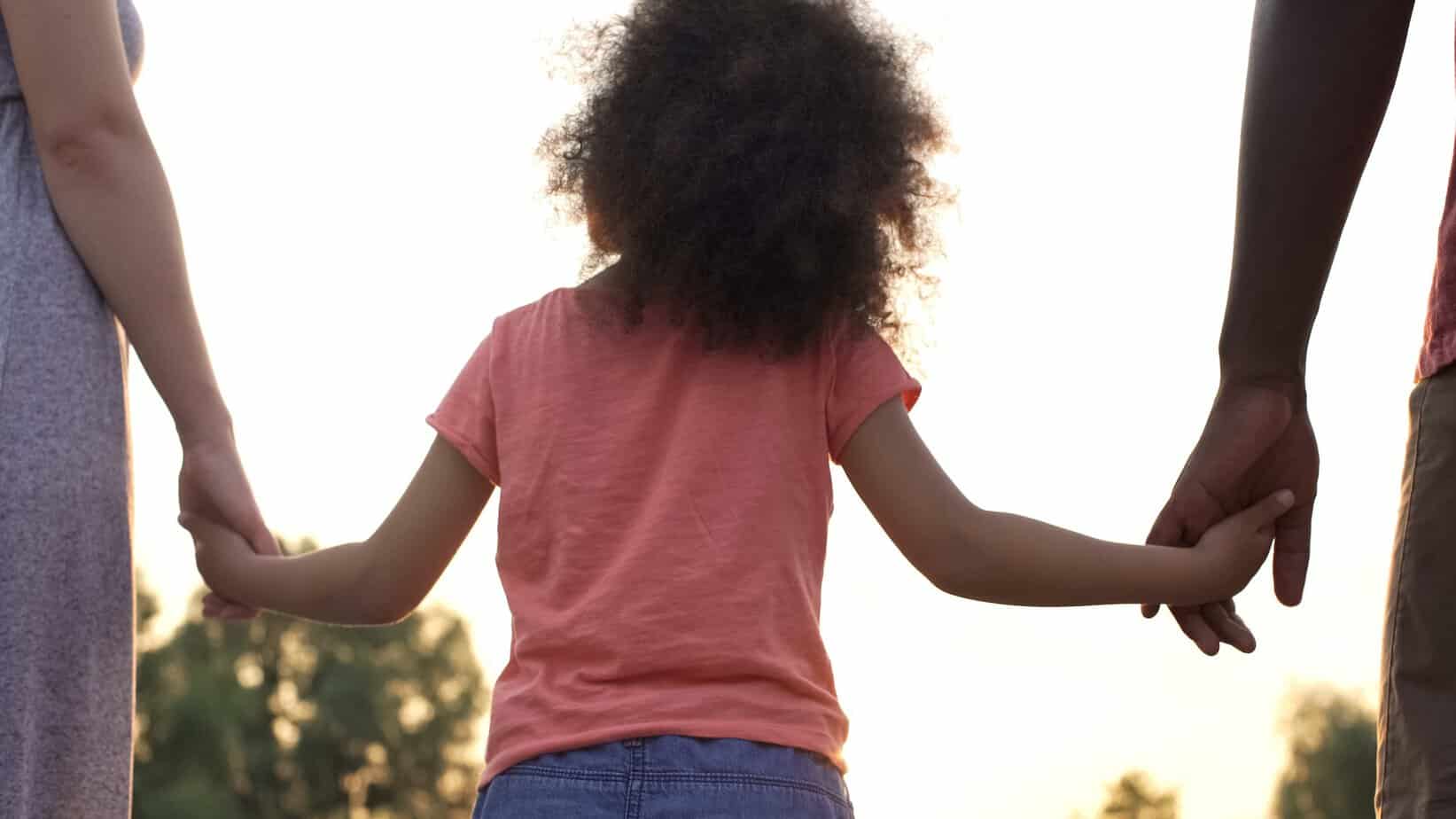Let’s Talk About Hope!
Author: Shiri Ben-Arzi, PMC
Hope is a word that comes up a lot in my coaching practice. I hear it through questions “do you think there is still hope?”, statements “I need to find a way to have more hope”, worries “I don’t want to set myself up for failure through false hope” and beliefs “I won’t make it if I don’t have enough hope”.
For healthy people, hope is a wide and universal concept that holds the energy of moving forward to a better, higher, optimistic outcome/future.
For people living with health/medical challenges, hope can be a fluid and changing concept:
hope that there was a mistake in the diagnosis,
hope for a miracle cure,
hope for better test results,
hope the insurance will cover the treatment,
hope for a day with less pain and suffering,
hope to be able to lead a more normal life,
hope to be there for a loved one for their wedding/graduation…
For healthcare practitioners and caregivers, hope is a resource as well as a wish for themselves and their patients.
Many times I am asked, “how can we talk about hope when there is no cure?”
I always answer the same way: “ask the person you are caring for what does hope mean to him/her right now and be willing to be ok with an answer that is different from yours.
Once you can hold that space with empathy and love I can start teaching you Medical Coaching communication skills.
For medical and health coaches, hope is both a coaching skill and a coaching tool.
We model hope through our verbal and body language, use it as a perspective, explore new metaphors for it, reframe it as a resource and anchor it, create embodied experiences of it, and turn it into measurable behaviors.
To be able to create a space for the hope we need to be able to hold a space for sadness, frustration, disappointment, and anger.
In the contest of health/medical challenges, these are not “negative emotions” but normal emotional reactions to an abnormal situation.
Hope can be a dynamic concept, and we can have different concepts of hope that serve us through different periods of our lives.
I want to invite you to ask yourself, what does hope mean to me, right now?
What is one hopeful thing that I can do today?
If you found this useful share it with someone else that can benefit from it.
Shiri Ben-Arzi
Master Medical Coach
CEO of MCI – the Medical Coaching Institute



